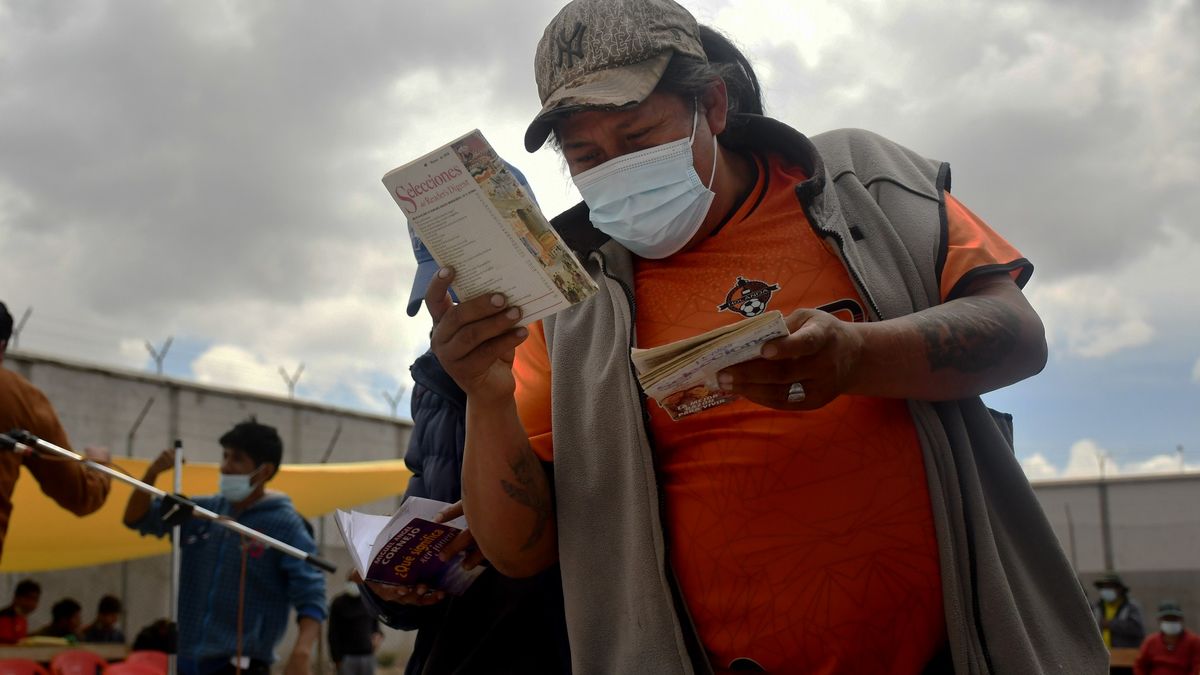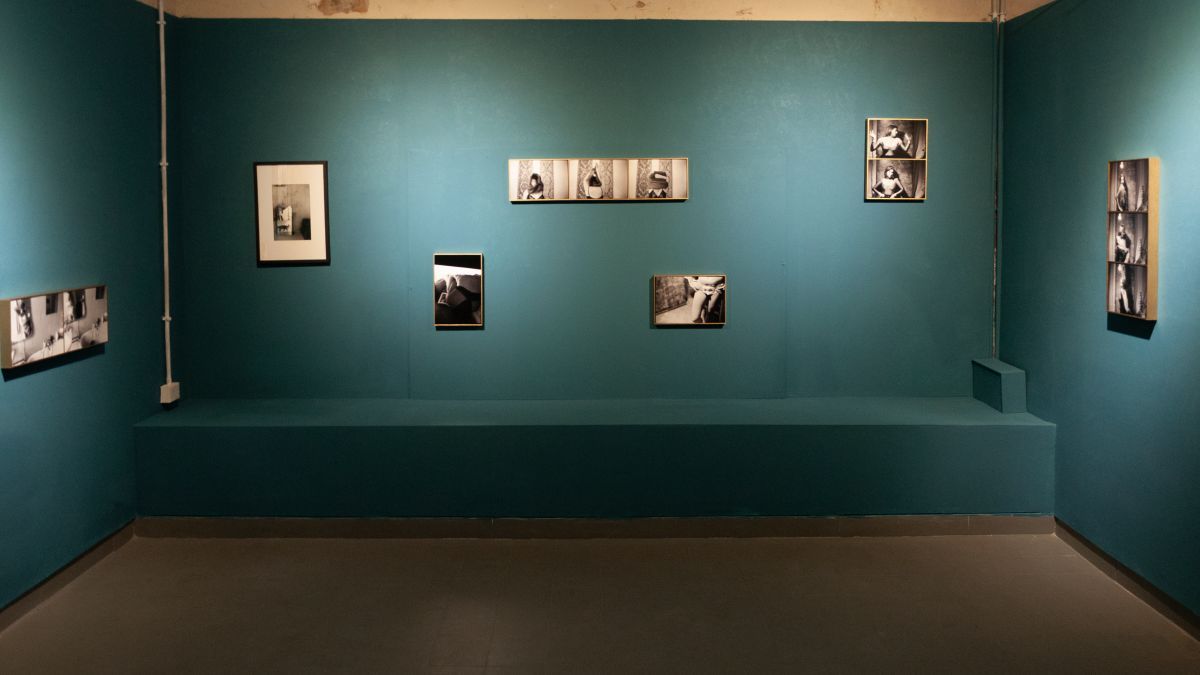Until now, 865 inmates read for their freedomAmong them is Jaqueline, who has already read eight books in a year and passed four reading tests.
“There are people who are learning to read and write,” said Jaqueline.
Bolivia does not have a life sentence or the death penalty, but preventive detention, which should be only six months, can last for many years due to the deteriorated judicial system.
“When I read I am in contact with the whole universe. The walls and bars disappear,” said Mildred, also an inmate at the Obrajes women’s prison in the city of La Paz, Bolivia’s political center.
In prison, reading is a privilege for a few. With a daily salary of 8 bolivianos, equivalent to just over a dollar, the inmates are forced to work to eat and pay the high court costs if they ever want to get out. Baking bread, knitting or doing laundry for outside clients are some of the jobs available to inmates. Without this income, inmates cannot afford to purchase goods such as toiletries.
Ombudsman Nadia Cruz explained that the greatest achievement of the program launched in 2019 is giving hope to inmates awaiting trial, trapped by the Andean country’s notoriously slow justice system.
“This project is based mainly on the will of those deprived of liberty,” he said. “That is important because what is reduced is very little, it is hours or days in some cases, depending on what the board decides,” he told Reuters.
Source: Ambito
David William is a talented author who has made a name for himself in the world of writing. He is a professional author who writes on a wide range of topics, from general interest to opinion news. David is currently working as a writer at 24 hours worlds where he brings his unique perspective and in-depth research to his articles, making them both informative and engaging.




